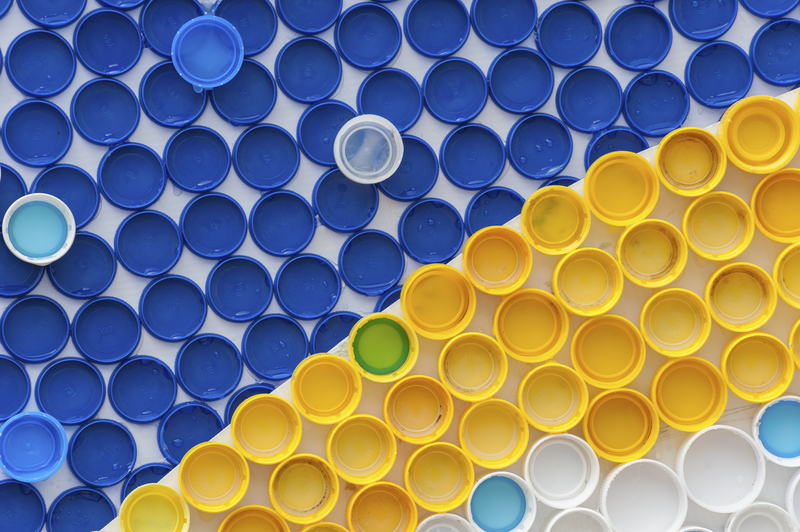Posted on 20/03/2024
Easter is a time for celebration, gathering with loved ones, and indulging in delicious meals. However, along with the joy and festivities, comes an inevitable pile of leftovers that often get thrown away. According to recent studies, food waste accounts for about 8% of global greenhouse gas emissions, making it a major contributor to climate change. This Easter, let's make a conscious effort to reduce our carbon footprint by implementing eco-friendly solutions for our Easter leftovers.
Tips for reducing food waste this Easter
Before we dive into the various eco-friendly solutions for using up Easter leftovers, here are some simple tips to keep in mind while preparing your holiday feast:
1. Plan your menu carefully: Make a list of all the dishes you plan on serving for Easter and estimate how much food each person will need. This will help prevent overcooking and excess leftovers.
2. Buy only what you need: Avoid buying in bulk or large quantities if it's not necessary. Stick to buying fresh produce and ingredients that can be easily used up in one meal.
3. Get creative with leftovers: Instead of throwing away leftover ingredients, challenge yourself to come up with new recipes using them. Leftover veggies can be turned into a delicious omelette or frittata, while meats can be used in sandwiches or stir-fries.
4. Store leftovers properly: Improperly stored food can quickly go bad and end up in the trash. Invest in reusable containers or wrap leftovers in beeswax wraps to keep them fresh for longer.

Eco-friendly solutions for using up Easter leftovers
1. Compost your scraps: Instead of tossing those vegetable peels and eggshells into the garbage bin, start a compost pile or use a compost bin to turn them into nutrient-rich soil for future gardening projects.
2. Make stock from bones: Don't throw away those leftover bones from your Easter ham or lamb roast. Boil them with some vegetables and herbs to make a flavorful broth that can be used as a base for soups or stews.
3. Turn leftovers into new meals: Get creative in the kitchen by transforming your Easter leftovers into new meals. Leftover mashed potatoes can be turned into savory potato pancakes, or use up those bits of ham in a delicious quiche or pasta dish.
4. Freeze for later: If you have more leftovers than you can consume in the next few days, freeze them for later use. Label and date them properly to avoid confusion and enjoy a quick and easy meal on a busy day.
Pros and cons of using eco-friendly solutions for Easter leftovers
Pros:
- By reducing food waste, we are saving resources, reducing pollution, and combating climate change.
- Making use of leftovers can save money on groceries and reduce food expenses.
- Using eco-friendly solutions can encourage us to become more creative in the kitchen and try out new recipes.
Cons:
- Some eco-friendly solutions may require additional time and effort, which may not be feasible for everyone.
- It may take some trial and error before finding the right balance between avoiding food waste and making sure everyone is well-fed.

Takeaways
Every small step towards reducing food waste counts, especially when it comes to large gatherings like Easter celebrations. By implementing simple changes in our shopping habits, meal planning, and utilizing eco-friendly solutions for leftovers, we can contribute towards a healthier planet.
Some key takeaways for an environmentally friendly Easter meal:
- Plan your menu carefully to avoid overcooking.
- Buy only what you need and stick to purchasing fresh ingredients.
- Get creative with leftovers instead of throwing them away.
- Properly store leftovers to extend their lifespan.
- Consider composting or repurposing scraps and bones.
- Freeze leftovers for later use.
Conclusion
Celebrating Easter doesn't have to mean adding to the growing problem of food waste. With a little bit of planning, creativity, and utilizing eco-friendly solutions, we can enjoy delicious meals while also doing our part in reducing our impact on the environment. Let's make this Easter a sustainable one and continue these practices throughout the year. Together, we can make a difference in protecting our planet for future generations.
Latest Posts
Tips for Proper Disposal of Regular Waste
Garbage Cleanup Bags - Efficient Skip Substitute

































 Get a Quote
Get a Quote